John Tooth emigrated to Australia in the early 1830s, traded for a time as a general merchant, and then in 1835, with his brother-in-law, John Newnham, opened a brewery in Sydney. He named the brewery Kent Brewery. It was incorporated as a company in 1888.
The Tooth family had interests in banking, agriculture and real estate and could afford to support their brewing operations through the turbulent times of the late 19th century, enabling the brewer to become the dominant maker of beer into the 20th century. Tooth’s major asset was Kent Brewery, although Tooth had numerous other assets; it owned Blue Bow Cordials (which later produced Blue Bow Lemonade), it acquired the Maltings at Mittagong in 1905, Maltings at Carlton Street, Sydney, Resch’s Limited and their Waverley Brewery in 1929, numerous hotels and considerable land. Tooth owned the New South Wales franchise of Hungry Jack’s, although it failed to exploit the franchise. It also owned the d’Albora Marina. For a short period from 1978 it also owned the Courage Brewery in Victoria, and a brewery at Tuncester, near Lismore. For a period it owned Penfold’s Wines, and Penfold’s subsidiary, the Koala Motel Chain. The Tooth family is also famous for building the Swifts mansion at Darling Point in Sydney.
Kent Brewery was built on Blackwattle Creek in 1835. The original Tooth and Co produced many beers, of which only two remain on the market – KB Lager and Kent Old Brown. Kent brewery was substantially damaged by a fire in about 1900. In 1913 Tooth and Co acquired the Maitland Brewing Company. In 1921, Tooth and Co took over Resch’s and their “Waverley” brewery on South Dowling Street in Redfern. Acquisition was conditional that Tooth would not change the original recipe for Resch’s Beer. In 1921 Tooth also acquired a Newcastle brewery, the Castlemaine Brewery and Wood Brothers Company. Tooth later made an unsuccessful attempt to acquire the Millers Brewery (owned by coal and shipping magnate RW Miller), located at Taverner’s Hill in Sydney. In 1967, Millers Brewery was sold to rivals, Toohey’s.
Tooth was losing business to the takeaway packaged beer market, and established Bottle-Mart, whose original spokesman was the comedian Spike Milligan. In 1978, Tooth constructed a brewery at Lismore. Tooth relied primarily on the pub industry; however, clubs were becoming increasingly important as a liquor outlet. The clubs were supplied by Courage Brewery in Victoria, which meant that Tooth was losing ground. In 1978, Tooth acquired the Courage Brewery in Victoria, signifying a major move into the Victorian market.
Tooth saw the weakness in its financial position, and took some action to avert being a takeover target. It attempted a reverse takeover of LJ Hooker Ltd, so as to acquire Hooker’s expertise in managing the land holdings; the takeover failed.
In 1981, a controlling interest in Tooth and Co was acquired by David Jones (Properties) Pty Ltd, then a division of the Adelaide Steamship Company, known as AdSteam, a corporate raider and asset stripper. Subsequently, AdSteam in 1983 sold the brewing interests to Carlton & United Breweries. Subsequently, Victoria Bitter, Fosters, Cascade Light and Stirling Light were then brewed at Kent Brewery. AdSteam’s acquisitions were funded by huge borrowings, and the group had high debt levels (gearing). With the onset of the recession of the early 1990s, interest rates rose.
Under the pressure of its debt, AdSteam was forced to liquidate all tangible assets, although its bankers had agreed to an orderly sale. The disposal started in 1991, and concluded on 24 December 1999 when AdSteam, under its new name of Residual Assco Group Limited, was delisted.
With the disposal of assets, various member companies of the AdSteam group were renamed. David Jones was renamed DJL Ltd prior to the relisting of the department stores as David Jones in 1995. The Adelaide Steamship Company was renamed Residual Assco prior to the listing of AdSteam Marine in 1997. The owners of Dextran, and hence IEL, were now called Residual Assco, DJL and Tooth, and still share the tax liability. Pending the outcome of the taxation ruling, the three companies remain in limbo. The matter continued to grind on in the courts, as in December 2007 IEL were given leave to appeal the Australian Taxation Office ruling, with the matters being completed by 2010.
Tooth, as a listed company, had to publish an annual report. Each year the three companies (Residual Assco, DJL, and Tooth) went through the formality of an Annual General Meeting. The meeting in regard to the three worthless companies takes about twenty minutes; on the basis of a comparison with three witches huddled over a cauldron, analysts and the press have named the three companies the three ugly sisters.
Tooth and Co was delisted from the Australian Securities Exchange in 2010, declared a loss in 2012/13 and was deregistered in 2013.

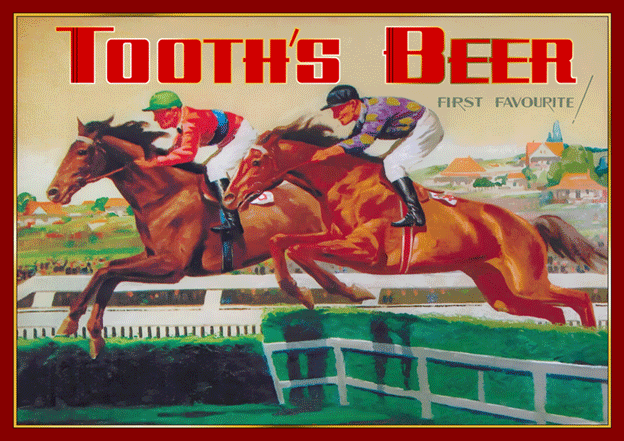
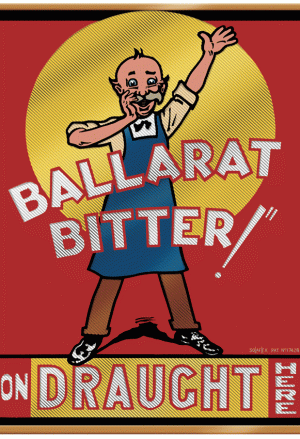
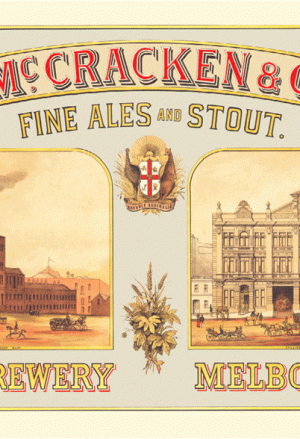
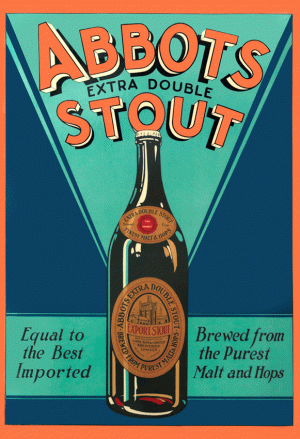
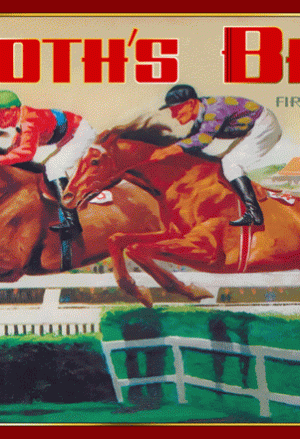
Reviews
There are no reviews yet.